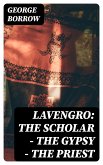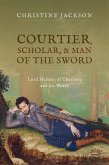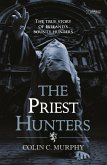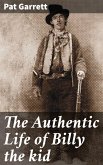In "Lavengro: The Scholar, the Gypsy, the Priest," George Borrow weaves a semi-autobiographical narrative that traverses the realms of identity, culture, and spirituality. The work is rich with lyrical prose and vivid descriptions, encapsulating Borrow's encounters with diverse characters, particularly the Roma community, while offering profound reflections on language and faith. The book'Äôs structure embodies a blend of travel literature and philosophical discourse, highlighting the Victorian fascination with the exotic and the mystical, while also exposing societal prejudices and the quest for self-discovery. George Borrow, an English writer and an accomplished linguist, was profoundly influenced by his early interactions with Romani culture and his career as a traveler. His empathetic portrayal of marginalized communities stems from his life experiences and a deep understanding of their traditions. This background not only informs the character of the Gypsy but also allows Borrow to explore the complex interplay of various societal roles, particularly that of the scholar and the priest, as mirrors to his own life journey. "Lavengro" is a compelling tale that invites readers to embark on a voyage of enlightenment and understanding. Ideal for those seeking to explore themes of belonging, faith, and cultural identity, this book is an essential read for anyone interested in the rich tapestry of 19th-century English literature and the human condition.
Dieser Download kann aus rechtlichen Gründen nur mit Rechnungsadresse in A, B, BG, CY, CZ, D, DK, EW, E, FIN, F, GR, H, IRL, I, LT, L, LR, M, NL, PL, P, R, S, SLO, SK ausgeliefert werden.









